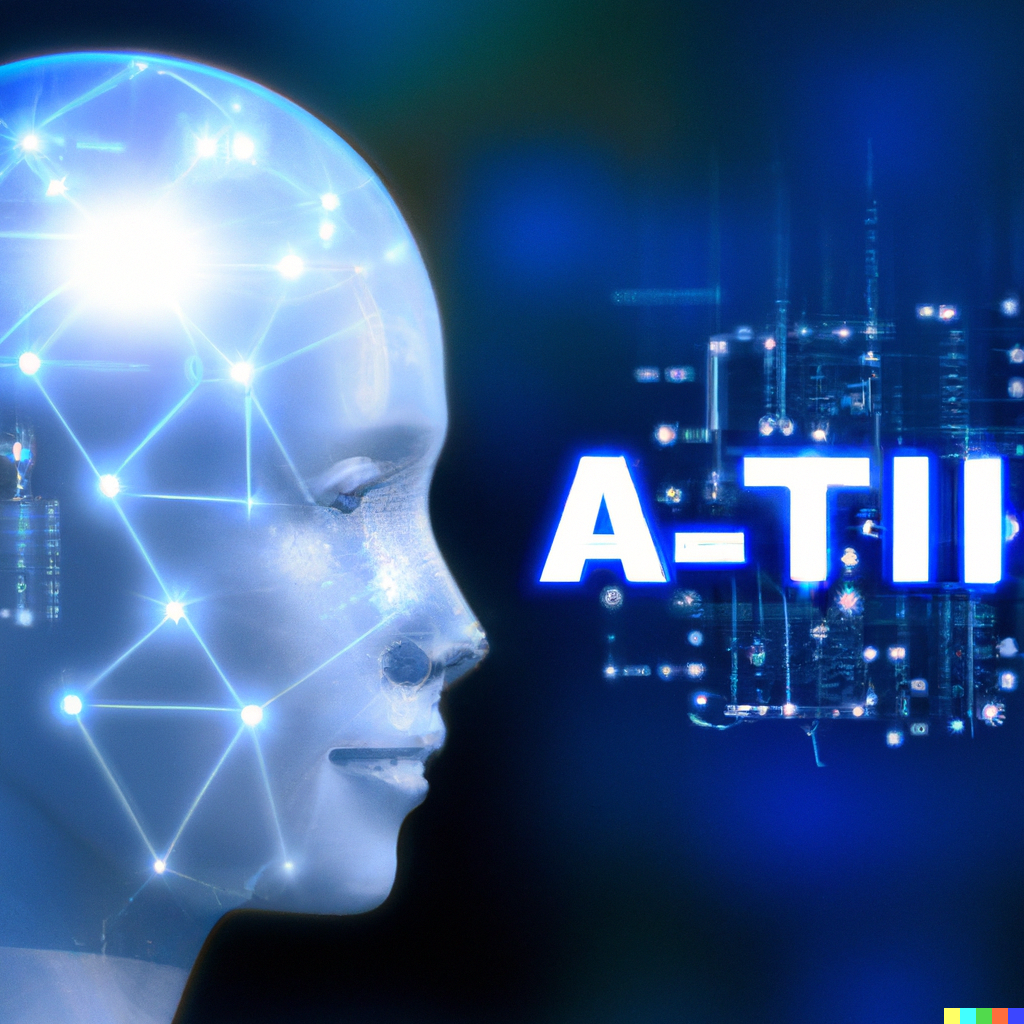Discover how Artificial Intelligence (AI) is revolutionizing our world. This article explores what AI is, how it works, its real-world applications, key benefits, ethical challenges, and the future potential of this transformative technology.
Artificial Intelligence (AI) is no longer just a buzzword—it’s the driving force behind some of the most groundbreaking innovations of the 21st century. From self-driving cars and intelligent chatbots to advanced medical diagnostics, AI is transforming how we live, work, and interact with the world around us.
In this article, we’ll explore what AI is, how it works, its applications, benefits, challenges, and what the future may hold for this ever-evolving technology.
What Is Artificial Intelligence?
Artificial Intelligence refers to the simulation of human intelligence in machines that are programmed to think, learn, and make decisions. In simpler terms, AI enables computers and systems to perform tasks that normally require human intelligence—such as understanding natural language, recognizing patterns, solving problems, and adapting to new information.
There are two main categories of AI:
- Narrow AI (Weak AI): Designed to perform specific tasks, like facial recognition, language translation, or recommending videos. Examples include Siri, Alexa, and Netflix’s recommendation system.
- General AI (Strong AI): A theoretical form of AI capable of understanding, learning, and applying knowledge across multiple domains—much like a human. While still in development, this form of AI remains a long-term goal for researchers.
How Does AI Work?
AI systems rely on a combination of data, algorithms, and computing power. Here’s a simplified breakdown of how AI learns and operates:
- Data Collection: AI systems require vast amounts of data—from images and text to voice recordings—to learn from patterns.
- Machine Learning (ML): ML algorithms enable machines to learn automatically from experience without being explicitly programmed.
- Deep Learning: A subset of ML that uses neural networks to mimic the human brain. Deep learning is responsible for breakthroughs in image recognition, speech processing, and autonomous driving.
- Natural Language Processing (NLP): This allows computers to understand and generate human language—used in chatbots, translation apps, and voice assistants.
Real-World Applications of AI
AI is everywhere—from your smartphone to major industries. Here are some of the most impactful applications:
- Healthcare: AI assists doctors in diagnosing diseases, predicting patient outcomes, and developing personalized treatment plans.
- Finance: Banks use AI for fraud detection, credit scoring, and customer service automation.
- Transportation: Self-driving vehicles and smart traffic management systems rely heavily on AI algorithms.
- Retail: AI powers recommendation engines, inventory management, and customer support chatbots.
- Education: Personalized learning platforms use AI to adapt lessons to individual student needs.
- Cybersecurity: AI systems can detect and respond to potential security threats in real time.
Benefits of Artificial Intelligence
- Efficiency and Automation: AI automates repetitive tasks, allowing humans to focus on creative and strategic work.
- Data-Driven Decision Making: AI can analyze vast datasets faster and more accurately than humans.
- Improved Accuracy: AI reduces human error in industries like medicine, manufacturing, and logistics.
- 24/7 Availability: AI systems can operate continuously without fatigue or downtime.
Challenges and Ethical Concerns
Despite its benefits, AI raises important questions and challenges:
- Job Displacement: Automation may replace certain roles, requiring reskilling and workforce adaptation.
- Bias and Fairness: AI systems can inherit biases present in their training data.
- Privacy and Security: Data used to train AI systems must be protected to avoid misuse.
- Ethical Decision-Making: As AI becomes more autonomous, ensuring ethical behavior is critical.
Governments and organizations worldwide are working to develop AI ethics frameworks to promote fairness, transparency, and accountability.
The Future of AI
The future of AI is both exciting and uncertain. Emerging trends such as AI-powered creativity, quantum AI, and human-AI collaboration will shape industries in new ways. Instead of replacing humans, AI is expected to augment human capabilities—helping us make better decisions, solve global challenges, and create a smarter, more connected world.
Conclusion
Artificial Intelligence is more than a technological advancement—it’s a revolution redefining our relationship with machines. While challenges remain, the potential for AI to enhance productivity, improve quality of life, and drive innovation is immense. The key lies in developing AI responsibly—ensuring that progress benefits all of humanity.
